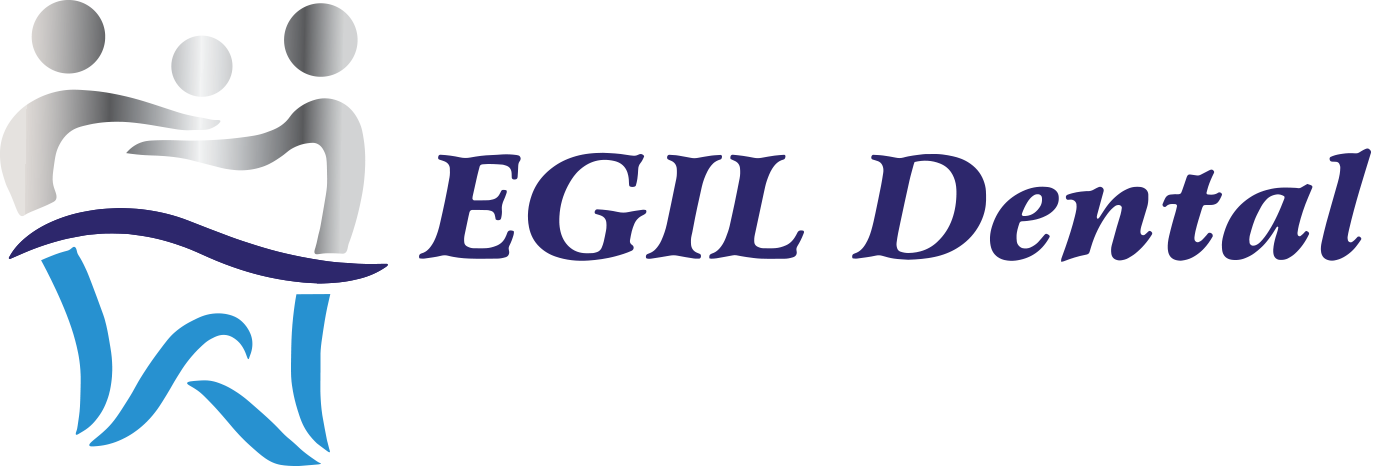Periodontal disease, also known as gum disease, is a serious oral health condition that affects the gums and supporting structures of the teeth. It is estimated that over 47% of adults aged 30 years and older in the United States suffer from some form of periodontal disease, making it a common dental concern.
What is Periodontal Disease?
Periodontal disease is a bacterial infection that affects the tissues and bones that surround and support the teeth. It starts with the accumulation of plaque, a sticky film of bacteria that forms on the teeth. If not removed through proper oral hygiene practices, this plaque hardens into tartar, which cannot be removed by brushing and flossing alone.
The bacteria in plaque and tartar produce toxins that irritate the gums, leading to inflammation and infection. Over time, the infection can progress, affecting the gums and bone structures that support the teeth. If left untreated, periodontal disease can ultimately lead to tooth loss.
Signs and Symptoms of Periodontal Disease
Early detection and prompt treatment of periodontal disease are crucial for preventing further damage. Here are some common signs and symptoms that may indicate the presence of periodontal disease:
1. Gum Bleeding
One of the most common signs of periodontal disease is gum bleeding. If your gums bleed while brushing or flossing, it may indicate gum inflammation or infection. Healthy gums should not bleed during routine oral hygiene practices.
2. Red, Swollen, or Tender Gums
Inflamed gums are another common symptom of periodontal disease. If your gums appear red, swollen, or tender, it could be a sign of an underlying infection. Healthy gums should be pink and firm to the touch.
3. Receding Gums
Periodontal disease can cause the gums to recede or pull away from the teeth, exposing the roots. Receding gums not only make the teeth appear longer, but they also create gaps or pockets between the gums and teeth that can harbor bacteria and lead to further infection.
4. Persistent Bad Breath
Chronic bad breath, also known as halitosis, can be an indicator of periodontal disease. The accumulation of bacteria and food debris in the mouth can cause an unpleasant odor that persists, even after brushing and using mouthwash.
5. Loose or Shifting Teeth
As periodontal disease progresses, it can affect the supporting structures of the teeth, causing them to become loose or shift. If you notice changes in the position or stability of your teeth, it is essential to seek dental attention promptly.
Why Early Detection Matters
Early detection of periodontal disease is vital for maintaining optimal oral health. When detected early, the progression of the disease can be halted, and appropriate treatment can be administered to prevent further damage. Here are a few reasons why early detection matters:
1. Preserving Healthy Teeth and Gums
By detecting periodontal disease in its early stages, it is possible to preserve the health of your teeth and gums. Prompt treatment can help prevent the loss of teeth and the need for invasive dental procedures in the future.
2. Preventing Tooth Loss
Untreated periodontal disease is one of the leading causes of tooth loss in adults. Identifying and treating the disease early can significantly reduce the risk of tooth loss and the need for restorative measures such as dental implants or dentures.
3. Improving Overall Health
Studies have linked periodontal disease to various systemic health conditions, including heart disease, diabetes, and respiratory problems. By detecting and treating periodontal disease early on, you can help improve your overall health and reduce the risk of developing these associated conditions.
4. Minimizing Treatment Costs
When periodontal disease progresses, the required treatment becomes more extensive and expensive. Early detection and intervention can help minimize treatment costs by addressing the issue before it becomes severe.
Conclusion
Periodontal disease is a prevalent oral health condition that can have serious consequences if left untreated. It is essential to be aware of the signs and symptoms of periodontal disease and seek dental attention promptly if any concerns arise. Early detection can lead to improved oral health, the preservation of teeth and gums, and overall well-being. Remember, prevention and early intervention are key when it comes to periodontal disease.

